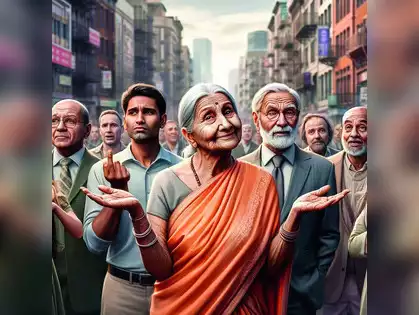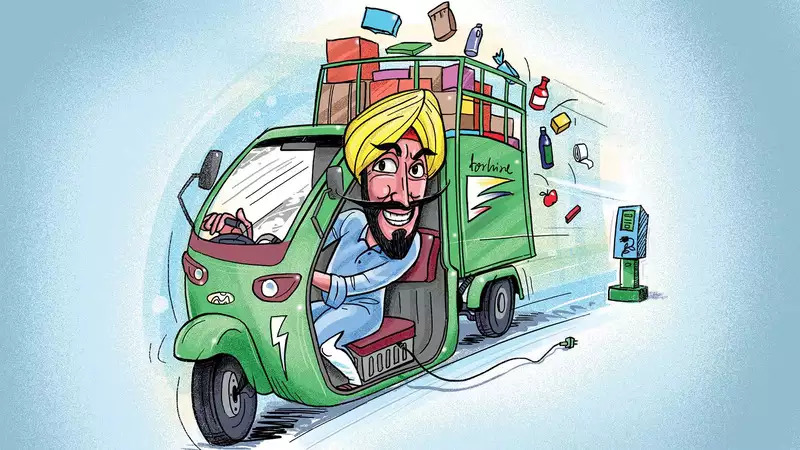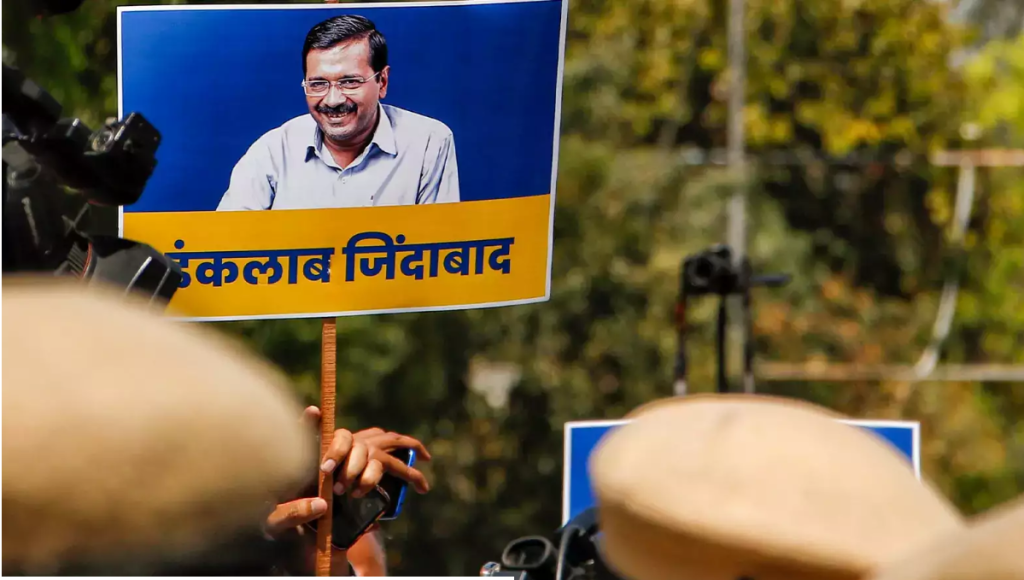Surging food prices and the Karnataka election once again raise the question, how needy and distressed are Indians? Karnataka has been at the very forefront of India’s record GDP growth of almost 9% per year. But critics claim that rapid growth has bypassed the wretched poor.
Karnataka can be cited as a case in point because (according to the NSSO’s 61st round) it has the second lowest calorie intake in rural India — an average of just 1,846 calories per day, against the norm of 2,400.
The Karnataka election provides an unconventional but plausible way of judging rural distress. Unlike economists, who keep their jobs even if their analyses are dead wrong, politicians obtain office only by catering to felt voter needs.
So, if the rural masses are really suffering while the software czars of Bangalore flourish, that should be reflected in election platforms in Karnataka. Voters know that politicians often promise much more than they can deliver. Yet some promises are indeed implemented, in part or full, and that helps win and lose elections.
Recently, the Arjun Sengupta Committee on unorganised labour calculated that, while 27.5% of people were below the poverty line, another 50% were only just above that line, so that 77% of Indians lived on Rs 20 per day or less. A recent National Family Health Survey showed that 46% of children under three years were underweight, three-quarters of children in the age-group 6-35 months were anaemic, and most married and pregnant women were anaemic. That sounds horrific.
If critics are right in viewing these as the most accurate indicators of living standards in India, that should be reflected in election manifestoes. Party campaigns should be focusing almost solely on food and health, especially in view of Karnataka’s very low calorie intake.
Yet that is not the case. The Congress Party has promised colour TVs to families below the poverty line. If the rural masses were hungry — especially in these days of rising food prices — then the Congress offer should have become a pathetic joke, reminiscent of Marie Antoinette saying “If they don’t have bread, let them eat cake.”
In fact the TV offer is being seen a serious vote-getter in Karnataka. The counter-offer of the BJP is a free computer linked to a colour TV in every village, simultaneously providing villagers agricultural information, education and entertainment.
In neighbouring Tamil Nadu, the DMK offered free TVs in the 2006 state election, and won handsomely. DMK chief Karunanidhi declared that colour TV was a basic necessity, and apparently voters agreed. You cannot shrug this off by claiming that Tamil Nadu is better fed than Karnataka. Indeed, NSSO data show that Tamil Nadu at 1,842 calories per head per day has the lowest rural calorie intake of any state in India! (see table) This is lower than in Uttar Pradesh (2,200 calories per day ) or Bihar (2,048 calories per day).
How so? One explanation is that as incomes rise, poor people switch from eating cereals alone — which add up to a lot of calories — to smaller quantities of superior foods (including fruits and vegetables). This fall in calorie intake is sustainable because, with the mechanisation of farming, much less manual labour is needed.
Driving a tractor or harvester combine is almost sedentary. Hence Punjab and Haryana have recorded huge falls in calorie intake, almost down to the level of UP (see table). Mechanisation cannot be the only explanation: other factors must be at work. Yet it helps explain why voters want TVs more than calories.
When I got my first TV in 1976, it was a rare luxury. The government in those days offered just a transistor radio to promote family planning, and many snapped up that bait! Only black-and-white TVs were made at the time, and mine cost the equivalent of two months’ salary. There was a long queue for TVs — as for most consumer durables in those licence-permit days — and I was an object of envy when I got my TV.
What used to be a luxury then is now seen by Karunanidhi — and the voters of Tamil Nadu — as a basic necessity of life. That is revolutionary. The Congress seeks to repeat that revolution in Karnataka. The non-poor already have TVs, so the free-TV offer specifically targets the poor. Regardless of what Arjun Sengupta may say, his party believes that roti, kapda and makaan are now passé, and the poor must be wooed with TVs and the better things of life.
Okay, I exaggerate. Food is not passé. All parties have promised cheap, subsidised rice at just Rs 2 per kilo (down from today’s Rs 3per kilo) for those below the poverty line. The DMK promised two-rupee rice in the Tamil Nadu election. Clearly politicians — and voters — view cheap rice as a top priority.
Yet let me point out that rice is the costliest of all cereals. Once, the poor in southern states subsisted on jowar, bajra and ragi, which are much cheaper than rice. If voters really suffer today from hunger and calorie deprivation, they should prefer a large ration of coarse grain to a smaller ration of rice. But all election platforms talk of cheap rice, not coarse grain. This is not a sign of severe deprivation.
All parties have promised free power to farmers. The landless poor do not own pump-sets. Small farmers with shallow tubewells use diesel pumps, and diesel is not free. Free power benefits the best-off farmers with electric pumps and the deepest wells.
Why does no party propose limiting free power to small farmers? Nobody has ever explained this satisfactorily. One explanation is that small farmers hope to become big one day, and so there is no class jealousy. That sounds very optimistic. But if it is even partially true, it suggests that poverty is by no means a hopeless condition.
India remains a poor country, despite a few years of 9% GDP growth. The absolute number of poor is over 300 million. But when political parties start making election promises of TVs and computers, things must be improving. I look forward to promises of free cellphones in the next general election.




